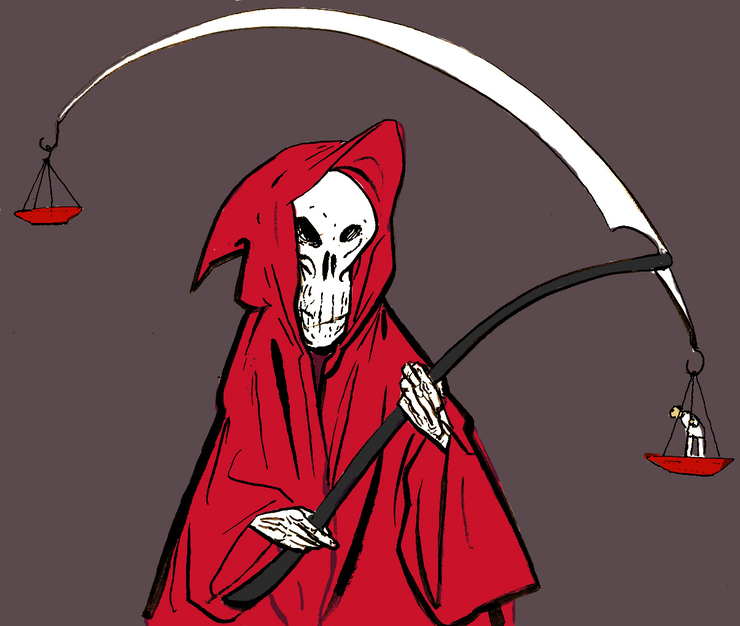Dave Kellett (creator of Sheldon and Drive) and cinematographer Fred Schroeder have posted eight rough-cut clips from their documentary. The duo had initially raised their initial goal of $58,000 to finish the production of the film, but quickly exceeded it. They’ve continued their fund-drive to raise more money to pay for enhancements and extra features. Right now they have raised $80,800 and have nine more days to go.
Here are the featured cartoonists in their latest video:
- Jeff Smith (Bone) On the minimalist, essential nature of cartoons
- Scott Kurtz (PvP) On childhood aspirations of being a cartoonist
- Darrin Bell (Candorville) On the lack of inclusive role models in comics
- Scott McCloud (“Understanding Comics”) On inventiveness in the digital age, and the dominance (so far) of strips
- Kate Beaton (Hark! A Vagrant) On being a self-taught cartoonist
- Richard Thompson (Cul de Sac) On getting a late-night e-mail from Bill Watterson
- Greg Evans (Luann) On listening to your characters
- Ryan North (Dinosaur Comics) On how comics fell into three set genres





























